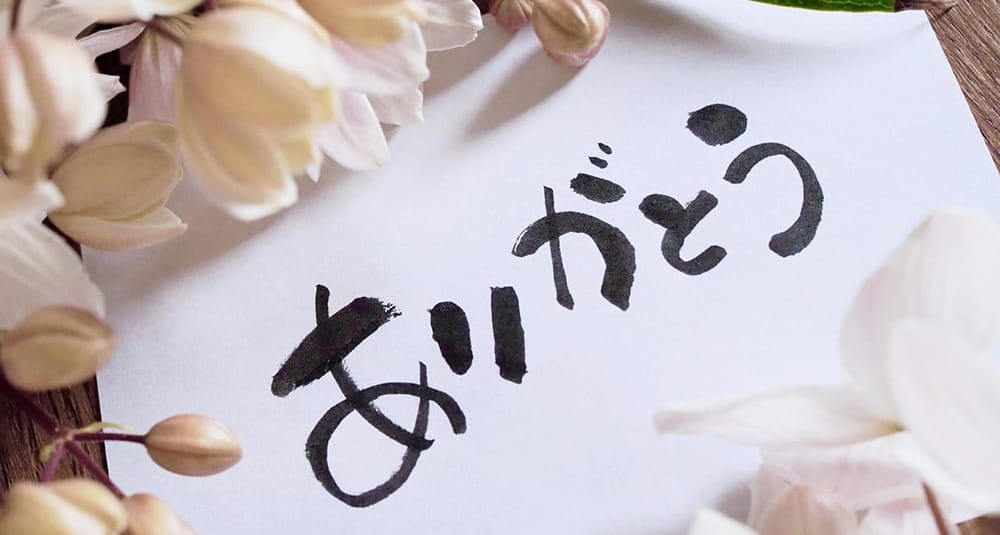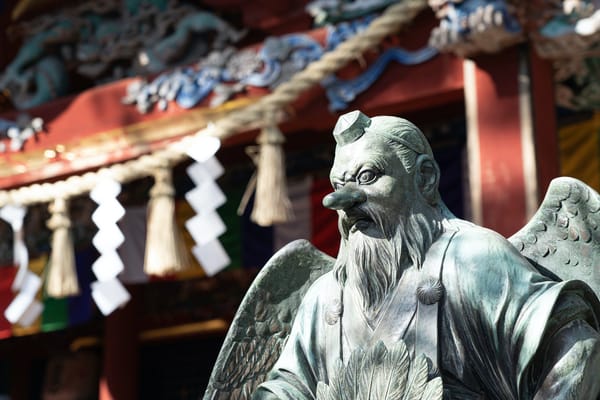Why ‘Arigatou’ Matters More Than You Realise
Mastering gratitude in Japan’s workplace is more than manners—it’s a strategic tool for building influence and connection.

Gratitude in Japan isn’t just etiquette—it’s reputation management. Use it well, especially as a woman.
In Japan’s polished corporate corridors, few words carry as much weight—or strategic value—as “thank you.” While gratitude is a universal virtue, its role in Japanese work culture goes far beyond politeness. It’s a subtle but powerful form of social currency—shaping relationships, diffusing conflict, and quietly building influence.
If you’re a woman navigating the complex layers of Japanese office life—whether you’re Japanese or a foreigner—understanding how, when, and in what form to express gratitude can give you a cultural and professional edge.
Gratitude as Social Glue in a Hierarchical Culture
In Japan’s group-oriented and seniority-based workplaces, relationships aren’t built through boldness or self-promotion. Instead, they form slowly, through signals of reliability, deference, and mutual trust. Gratitude is one of the most powerful—and overlooked—tools in this process.
In Western office cultures, assertiveness and visibility often drive advancement. In Japan, however, people who demonstrate an awareness of interdependence are the ones who earn trust. Saying “thank you” in Japanese signals:
- Recognition of someone else’s effort
- Respect for unspoken labor and time
- Reaffirmation of group harmony and interdependence
In other words, it’s not just manners—it’s tacit leadership through acknowledgment.
Not All “Thank Yous” Are Equal: Nuance Matters
Japanese has a rich vocabulary for gratitude, and each phrase carries distinct weight depending on context, hierarchy, and tone.
Here are a few of the most common forms:
- ありがとうございます (Arigatou gozaimasu): The standard polite thank you. Use it frequently with colleagues, clients, and managers.
- いつもありがとうございます (Itsumo arigatou gozaimasu): “Thank you, as always.” This adds warmth and consistency, especially powerful for support staff or regular collaborators.
- ご対応いただきありがとうございます (Go-taiou itadaki arigatou gozaimasu): A formal phrase often used in emails. Shows respect and professionalism when someone responds to a task or request.
- 助かりました (Tasukarimashita): Less formal but deeply appreciated. This says, “You really helped me,” and feels more emotionally sincere—ideal for peers and internal teams.
Using these with appropriate timing shows you are culturally fluent, emotionally intelligent, and respectful of both effort and hierarchy.
Gratitude as Reputation Management
Every thank you—especially in public or written form—becomes part of a professional story that others tell about you. Are you someone who:
- Recognizes others’ labor and contributions?
- Expresses appreciation consistently—not just upward but across and downward too?
- Pays attention to the small, invisible moments of support that hold a team together?
Or are you seen as someone who quietly takes and forgets to close the loop?
In Japanese office culture, forgetting to say thank you when it’s expected—even casually—can subtly damage your reputation. And for women, who often shoulder both expectations and scrutiny around “niceness,” the stakes are even higher.
Used intentionally, gratitude becomes a form of professional presence—subtle but sharp.
Historical Context: The Deep Roots of Gratitude in Japan
Japanese expressions of gratitude are grounded in centuries-old social norms rooted in the concepts of giri (obligation) and on (reciprocal empathy or debt). These values shaped how people related to one another in society: acts of kindness were rarely seen as free; they created a sense of moral responsibility to reciprocate.
Even though modern Japanese people may not use these words anymore, the mindset persists:
- A thank you is not just about how you feel
- It signals recognition of a social favor, and often implies a future return
This is why a simple “arigatou” in Japan can feel heavier than its Western counterpart. It’s not just acknowledgement—it’s a signal that you understand the social equation of give and take.
Gratitude as an Assertive Strategy for Women
In male-dominated environments, especially those where hierarchy and harmony are prized, women can feel boxed into roles of excessive politeness or passive support. But gratitude, when wielded skillfully, can break that mold—and create new forms of soft power.
Here’s how to use thank-yous to build presence, not passivity:
1. Use Gratitude to Claim Visibility
Instead of just saying thank you, link it to your own work:
“Thank you for your input during my presentation—it helped shape my approach.” ご意見ありがとうございました。プレゼンの方向性を考える上でとても参考になりました。
This subtly credits you while honoring their support.
2. Thank Down the Ladder, Not Just Up
Thanking interns, junior colleagues, or admin staff makes you a leader, not a flatterer:
“Thanks for supporting the meeting prep—it really helped things run smoothly.” 会議準備を手伝ってくれてありがとう。おかげでスムーズに進みました。
This reinforces morale and encourages mutual respect.
3. In Emails, Be Specific, Not Generic
Instead of “Thanks as always,” try:
“Thank you for reviewing the data ahead of schedule. It helped me meet my deadline.” 予定より早くデータをご確認いただき、ありがとうございました。おかげさまで締切に間に合いました。
Precision builds stronger emotional resonance and professional trust.
Why It Matters More Than You Think
Gratitude is an undervalued skill that—when wielded well—can:
- Increase your influence without needing to self-promote
- Build stronger professional relationships
- Reduce tension and clarify expectations in group settings
- Allow women to lead with grace, without muting their ambition
In cultures like Japan’s, where modesty and harmony are valued over volume and dominance, gratitude becomes an elegant, emotionally intelligent form of communication that says: “I see you. I respect your work. And I’m aware of how we support each other.”
A Small Thank You, A Big Impact
Gratitude in Japan isn’t just etiquette—it’s strategy. It’s how alliances are formed, reputations are built, and teams stay cohesive even under pressure.
So the next time you say “arigatou,” don’t let it be an afterthought. Make it thoughtful. Make it timely. And make it count.
Follow us on Instagram @coulecte and YouTube @coulectejapan and sign up for our email newsletter for more insights into navigating life, work, and culture in Japan.





